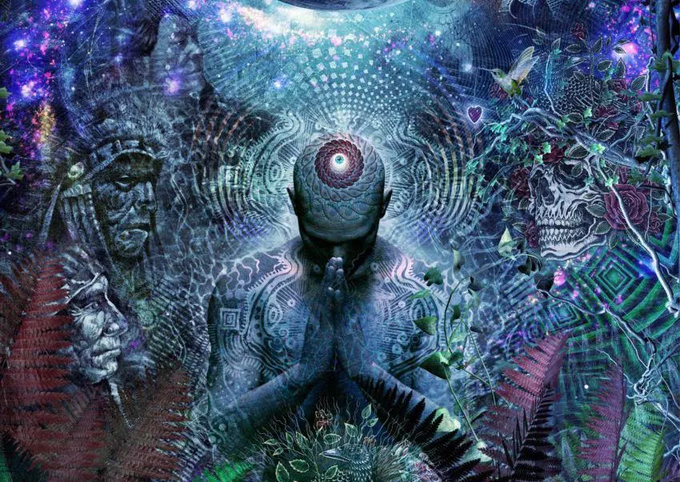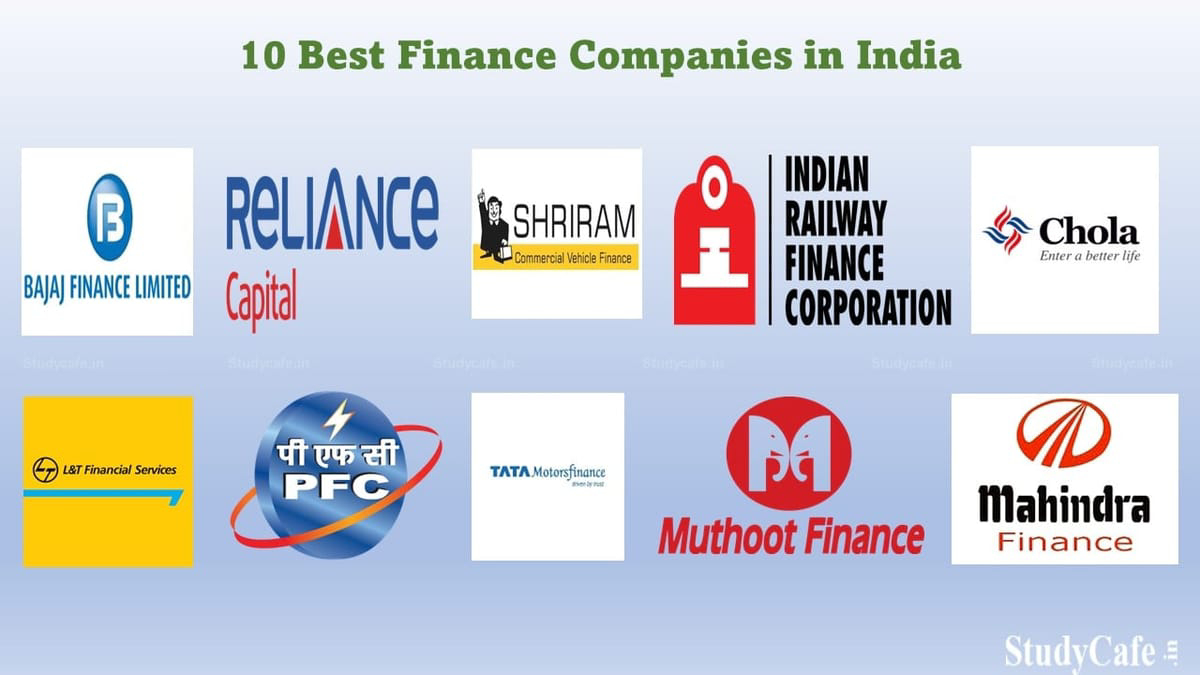|| What is Atman? What is our true self? 12 core concepts of Hinduism ||
|| What is Atman? What is our true self? 12 core concepts of Hinduism ||
Hinduism is known as a way of life because it comprises 12 fundamental concepts, each of which offers answers to some of life's fundamental questions. Following are the 12 fundamental concepts-
1. Atman: Who are we? What is our real self?
2. Reincarnation and Samsara: What happens after death and before birth?
3. The Law of Karma: Why is there suffering?
4. Prakriti and Guna: How does the world work?
5. Maya (Illusion): Why does this world keep trapping us in different aspects?
6. Moksha: What is the goal of life?
7. God & goddess: what is he/she like?
8. Dharma (Religious Duties): Which is the right way to act?
9. Diversity: Different Paths but how there is only one goal?
10. Scripture and Guru: who will teach and who will learn
11. Kala (Time): When did it start and when will it finish?
12. Creation: How and why was the world made?
Today we will discuss about the first fundamental concept, Atman (Atma).
The term Atma was first mentioned in the
Rig veda 10.97.11-
यदि॒मा वा॒जय॑न्न॒हमोष॑धी॒र्हस्त॑ आद॒धे ।
आ॒त्मा यक्ष्म॑स्य नश्यति पु॒रा जी॑व॒गृभो॑ यथा ॥
After that it was mentioned and explained it in Upanishads and Bhagavad Geeta. But before moving further please note that-
Swami Vivekananda said in a lecture (book- Complete Works) “I will not translate this word Âtman to you in English, because its idea does not exist in Europe; it is untranslatable”.
The modern attempt of German philosophers is to translate the word Atman by the word "Self" and until that word is universally accepted, it is impossible to use it. So, call it as Self or anything, it is our Atman.
Still the question remains the same what is atman? Something physical? a form of ernergy? or something else?
Well, Bhagavad Gita describes it the best 2:20-
न जायते म्रियते वा कदाचि- न्नायं भूत्वा भविता वा न भूयः | अजो नित्यः शाश्र्वतोSयं पुराणो न हन्यते हन्यमाने शरीरे ।।
Meaning- आत्मा के लिए किसी भी काल में न तो जन्म है न मृत्यु | वह न तो कभी जन्मा है, न जन्म लेता है और न जन्म लेगा। वह अजन्मा, नित्य, शाश्र्वत तथा पुरातन है | शरीर के मारे जाने पर वह मारा नहीं जाता |
Bhagavad Gita 2:23-
नैनं छिन्दन्ति शस्त्राणि नैनं दहति पावक: |
न चैनं क्लेदयन्त्यापो न शोषयति मारुत: ।।
Meaning- Atma can’t be cut by weapons, Can’t burned by fire, cant moistened by water, cant dried by air.
In science the thing that can neither be created nor be destroyed is known as ENERGY. Lets look it as per the hindu philosophy-
Numerous Upanishads have expounded on the concept of atman, but they present two distinct and somewhat divergent perspectives. Some uphold the belief that Brahman and Atman are one and the same (Advait Vedanta), while others assert that Atman is a part of Brahman but not identical to it (Dvait Vedanta).
This age-old debate gave rise to various dualistic and non-dualistic theories in Hinduism. However, the "Brahmasutra" authored by Badarayana synthesized and reconciled these seemingly conflicting ideas by stating that although Atman and Brahman differ in certain aspects, especially in the state of ignorance, they are ultimately identical at the deepest level and in the state of self-realization.
Brihadaranyaka Upanishad 4.4.5 and onwards, describes it further-
The statement "That Atman is indeed Brahman" implies that Atman and Brahman are one and the same. Atman is also believed to be associated with various faculties such as intellect, mind, vital breath, eyes, ears, and the elements of earth, water, air, and sky, as well as with fire and everything else. Atman is also identified with desire, anger, righteousness, unrighteousness, and all actions and experiences in life. It is widely acknowledged that Atman becomes what it does and acts accordingly - it becomes good through good actions and virtuous deeds, and evil through malevolent acts.
However, some hold a different view, believing that the self is identified only with desire. As such, it resolves to fulfill its desires, takes action accordingly, and reaps the consequences of its actions.
Science believes that it is mind which is eternal however, hinduism believes that it is atma who is eternal. Mind is just a manifestation of atma however,the body can’t work without the mind.
Let me take an example of car analogy based on Katha Upanishad, in Book 1, hymns 3.3 to 3.4 in which the body is compared to a car and the soul to the driver
1. A car cannot run without a driver. Similarly, the body will not work without the presence of the Atma. Just as a young child may not realize that each and every car needs a driver for it to move, without the developed knowledge just like that one may live their entire life & die without realizing that there is an ataman inside them which is driving them for liberation throughout their life.
2. Driver may develop certain emotions for the car, even after knowing that it will be gone someday. Similarly, one may develop emotions for their or someone’s else body, even after knowing that the person will be gone someday.
3. One may get arrogant about the brand of car he/she owns. Similarly, one may get arrogant about the kind of body he/she wears, even knowing that the body will become old, ugly and will eventualy die someday.
Bhagavad Gita 2:20-
वांसासि जीर्णानि यथा विहाय नवानि गृह्णाति नरोSपराणि |
तथा शरीराणि विहाय जीर्णा - न्यन्यानि संयाति नवानि देहि ||
Meaning- जिस प्रकार मनुष्य पुराने वस्त्रों को त्याग कर नए वस्त्र धारण करता है, उसी प्रकार आत्मा पुराने तथा व्यर्थ के शरीरों को त्याग कर नवीन भौतिक शरीर धारण करता है |
So, who you are? What is your real self?
Your name, fame, money, your karma, your body, your loved ones all will vanished someday, only the ATMAN will live, may be in different body, may be in different form. It may get a body of human,animal or plants. So, only atman is our real self, our true identity.
Keep reading my evening threads and you will get all the answers that are hitting in your mind right now or you may ask your question through comments.





Comments
Post a Comment